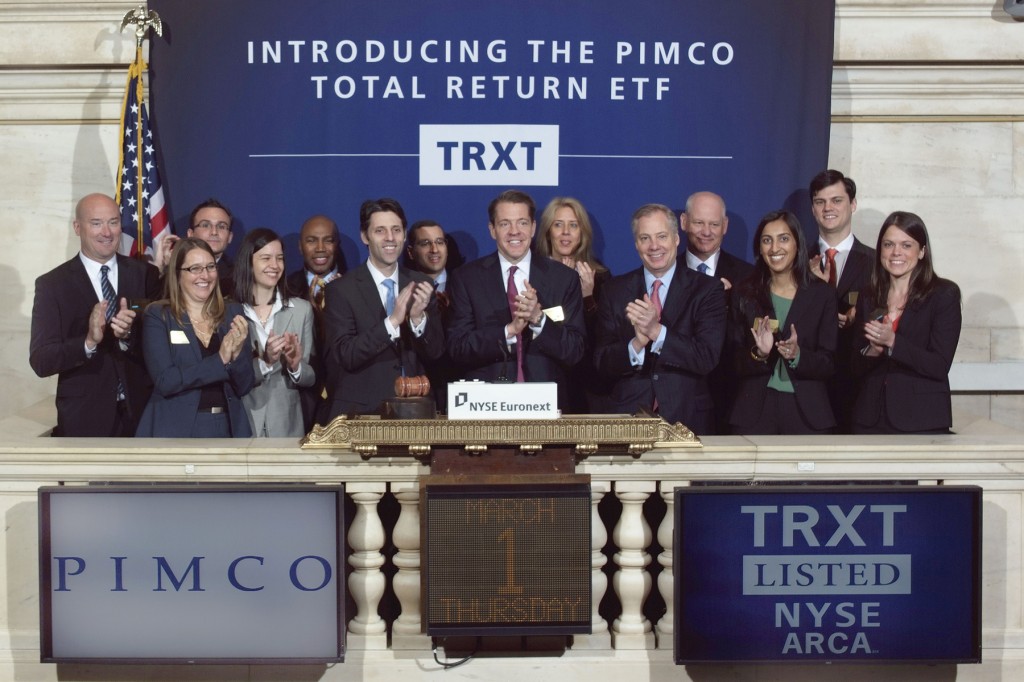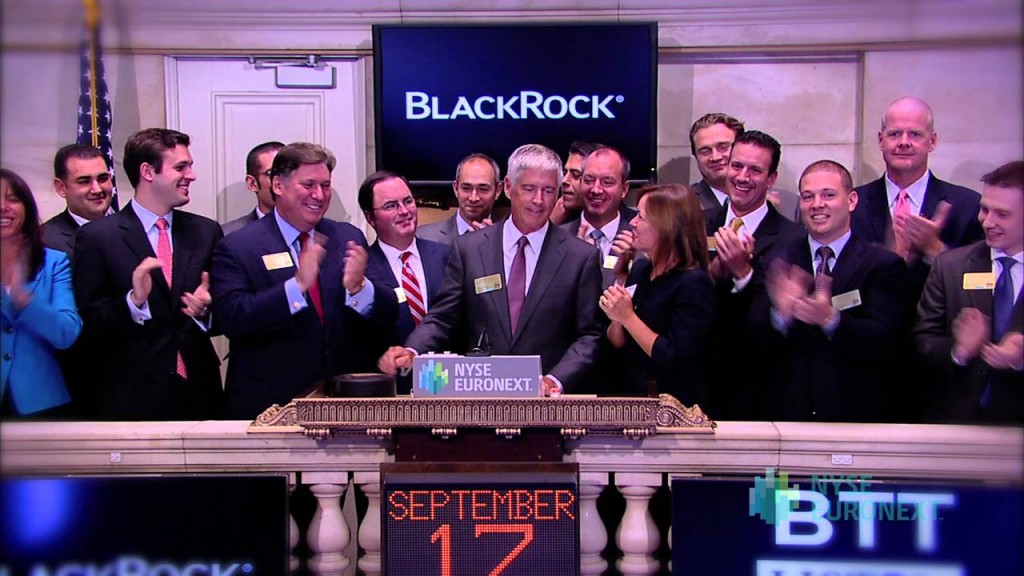Are among the simplest, easy and cheap financial instruments.
To begin, it is cheaper to invest in mutual funds, because the costs are diluted by hundreds or thousands of investors. Operating costs of investing directly in the market, like the stock commissions, would represent a much higher bill. In addition, they are easy to understand, because generally follow an investment policy very well delineated. This type of collective investment schemes, allow the access to distant markets not otherwise achievable and provide a diversified investment because the portfolios tend to have dozens or hundreds of different assets, which reduces the risk.
Although there are many advantages, before investing in a mutual fund you must understand how it works.
1. Management Regulation well defined
When setting up a fund, managers define the investment policy. You can invest on shares or bonds, but also can be very selective choosing, for example, only European equity in the health sector. Small investors who see themselves in this investment policy deliver their capital to the manager to be administrated by him. In the subscription moment, there are managers who charge an entry fee. The advantage of summing up the money of small investors is the economies of scale: it is economically efficient to invest everything together.
2. Managers have full permission from investors
With the capital of many investors, the manager buys assets for the investment fund portfolio. Can be equity, bonds, commodities and all other assets traded on the market. The managers do not have to justify their operations to small investors because they gave him full permission to invest within the parameters of the investment policy. However, many disclose a monthly report to keep investors updated with the market.
3. Requires a lot of attention to market developments
As time passes by, the assets value and devalue themselves and pay interest and dividends. The manager’s job is to monitor the market and make the buying and selling that may be necessary to maximize the investor returns. By its daily monitoring the fund manager demands a management fee. In parallel, the financial institution that holds the securities (which may not be the same that employs the fund manager) charges a deposit commission.
4. Investors may wish to seek reimbursement when they want
As a general rule, the fund manager will evaluate every day the portfolio and calculate a quotation for each unit in the fund. Small investors who, for some reason, want their capital back may request the redemption of their units. Within a defined period, the money comes to the investor bank account, but sometimes reduced by a redemption fee.
5. There is protection against bad conduct of managers
Small investors are partially protected if the manager abuses his position. The participants, in a general meeting, may decide to dissolve the fund. In the limit, if they can not find enough money in the fund they may request the activation of the Investor Compensation System. This system works with the supervisory authority of the fund industry, which guarantees up to EUR 25 000 per investor.
Related Posts
« The Nikkei-225 outperformed all other major stock indices Portugal’s finance minister quits and leaves goodbye letter »









